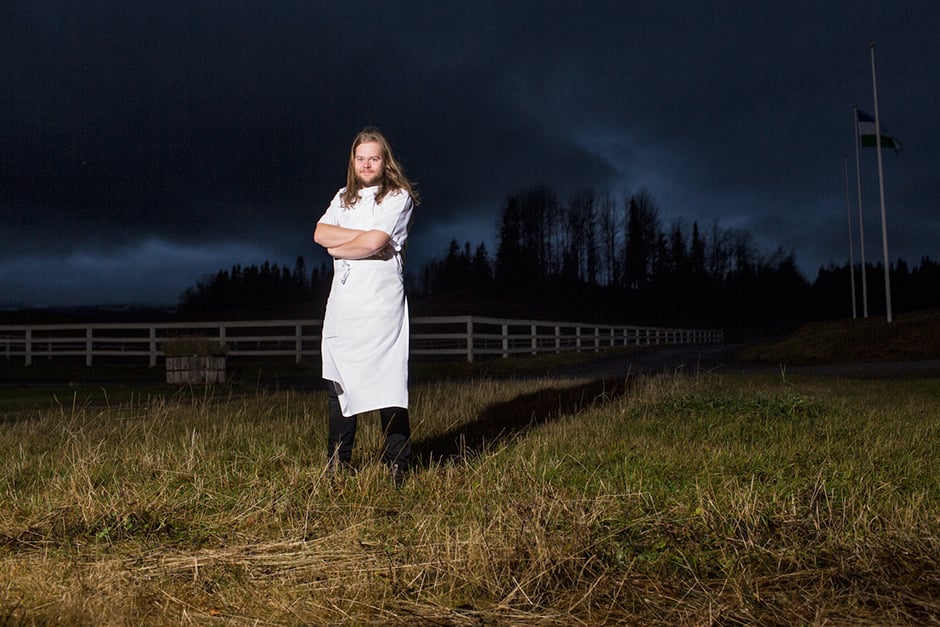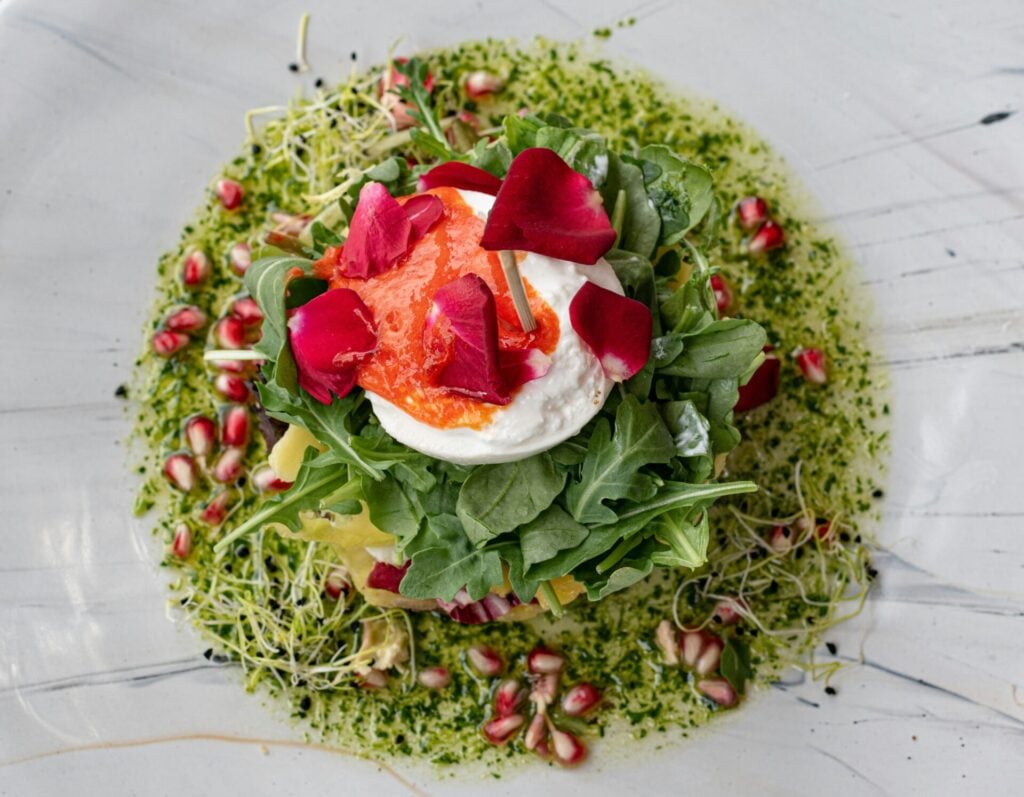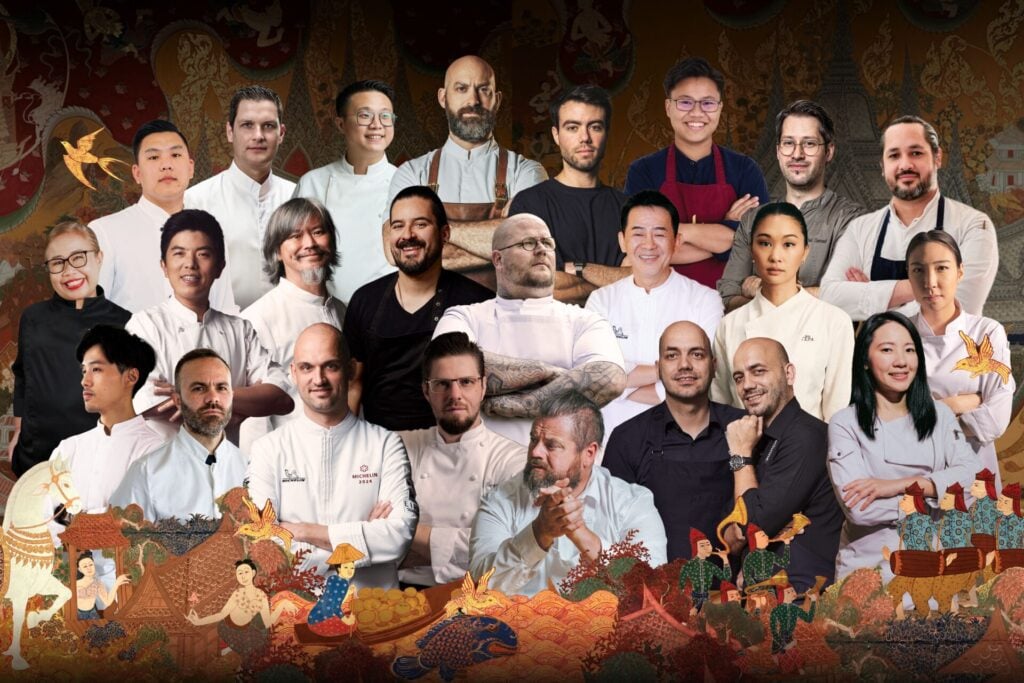NitroCapt, a Swedish startup using air and plasma to create green fertilizer, has just won the world’s largest environmental award, the $2 million Food Planet Prize 2025. It’s a groundbreaking development in sustainable agriculture, given that nitrogen fertilisers account for about half the world’s food production but emit as much CO₂ as the aviation industry.
The Curt Bergfors Food Planet Prize was established in Sweden in 2019, in acknowledgement of the perils that our current food systems pose to both human and planetary health. Uniquely, the prize doesn’t recognise solutions for past successes, but instead for their potential impact on the environment by reducing the ecological footprint of how we grow, eat, and waste food.
The Food Planet Prize jury includes 10 leading specialists in food system sustainability and is co-chaired by renowned climate scientist Johan Rockström (joint director of the Potsdam Institute for Climate Impact) and Magnus Nilsson, Director-General of the Curt Bergfors Foundation. Nilsson is also the former director of MAD Academy for education and resilience in the restaurant world.
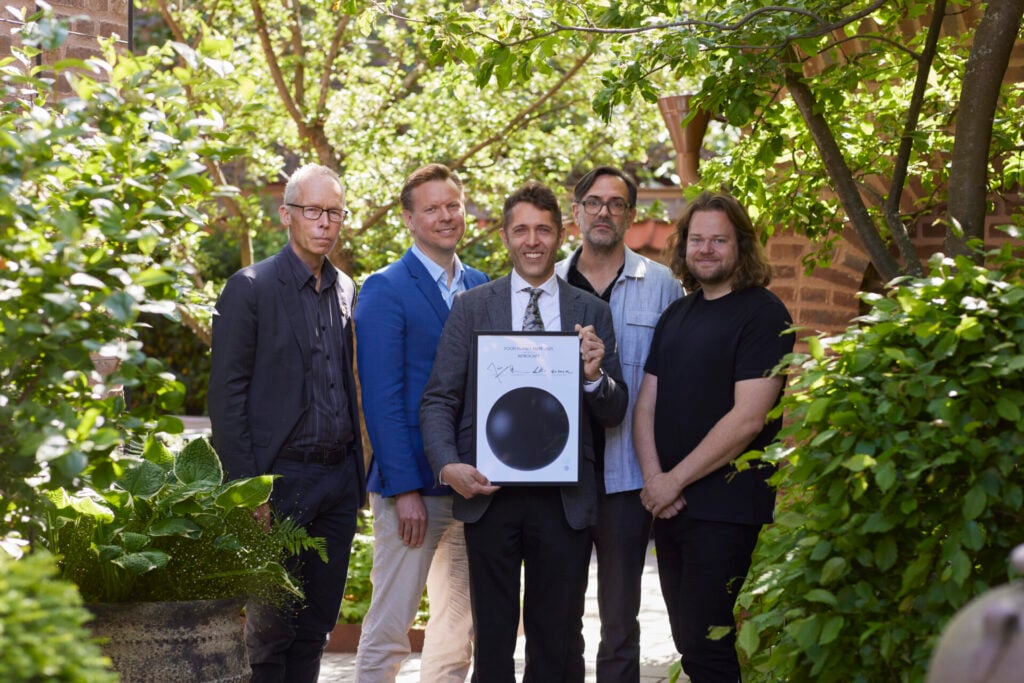
Few people bridge the world of gastronomy and environmental advocacy like Nilsson. Known globally for his role as restaurateur and head chef of the now-closed, two-Michelin-starred Fäviken, Nilsson has shifted gears into sustainability leadership, now directing the Food Planet Prize and running an organic apple orchard in Sweden.
The Ethicalist caught up with Magnus to talk about closing a globally acclaimed restaurant at its peak, what makes a sustainable food future possible, and why the kitchen table is still one of the most powerful places to fight climate change.
TE: You closed Fäviken at its peak. Why?
I fell out of love with it, it’s simple as that. It wasn’t a decision I made lightly, but I’d reached a point where I realised I couldn’t commit another decade of my life to running that kind of restaurant. I was 34 at the time, and it felt like a crossroads: either I double down and take it to another level, or I close it while I still had time and freedom to explore something new.
For me, the only honest choice was to stop. I didn’t want to become one of those chefs who fades into the background while the restaurant carries on without them. Fäviken was too personal for that. I’m lucky I was in a position to walk away with minimal fallout. I miss the guests, sure. But I don’t miss the restaurant itself.
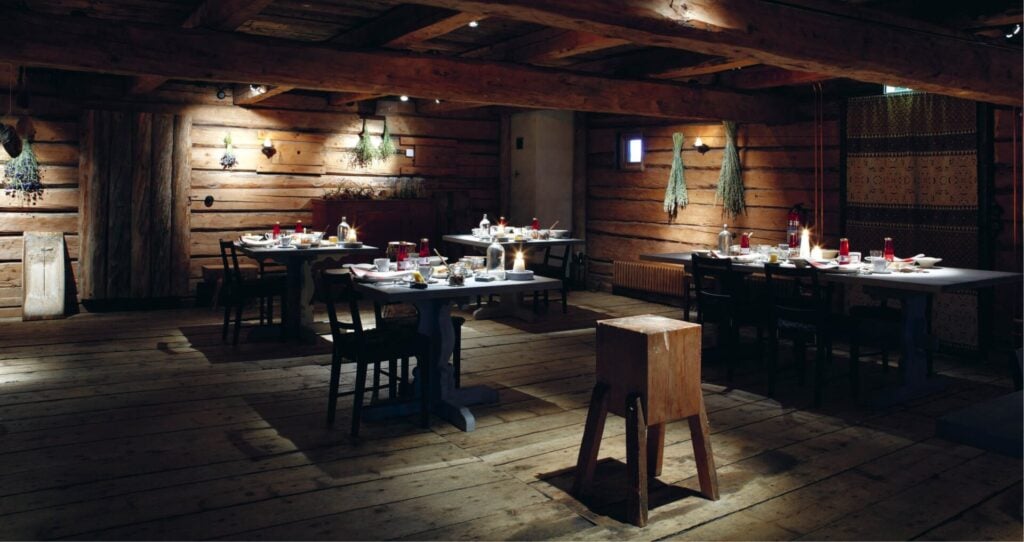
TE: You didn’t walk away from food entirely. You now run an orchard and direct the Food Planet Prize.
The orchard came first, really. We bought the property as a family home, but I became absorbed in the idea of growing apples and perennial crops for flavour rather than yield. It’s not economically viable on its own – not the way I want to grow – but I have always done everything in parallel with the orchard.
Work-wise, I first joined the MAD Academy after leaving Fäviken, and then I was invited to be on the jury for the inaugural Food Planet Prize. When the founding director Lars Peder Hedberg fell ill, I stepped in temporarily, and then permanently. It wasn’t something I’d planned, but I realised I could really help steer it in the right direction, protect the original vision and that felt important. The work is fascinating. You learn from over a thousand nominations every year. It gives you hope.
TE: What kind of innovation excites you most when reviewing prize entries?
Solutions that are bold, scalable, and rooted in reality. NitroCapt, this year’s Food Planet Prize winner, is a perfect example. They’ve found a way to make nitrogen fertiliser – one of the most polluting substances in agriculture – using just air, water, and renewable electricity. That kind of technology, if adopted widely, could have immediate, measurable impact.
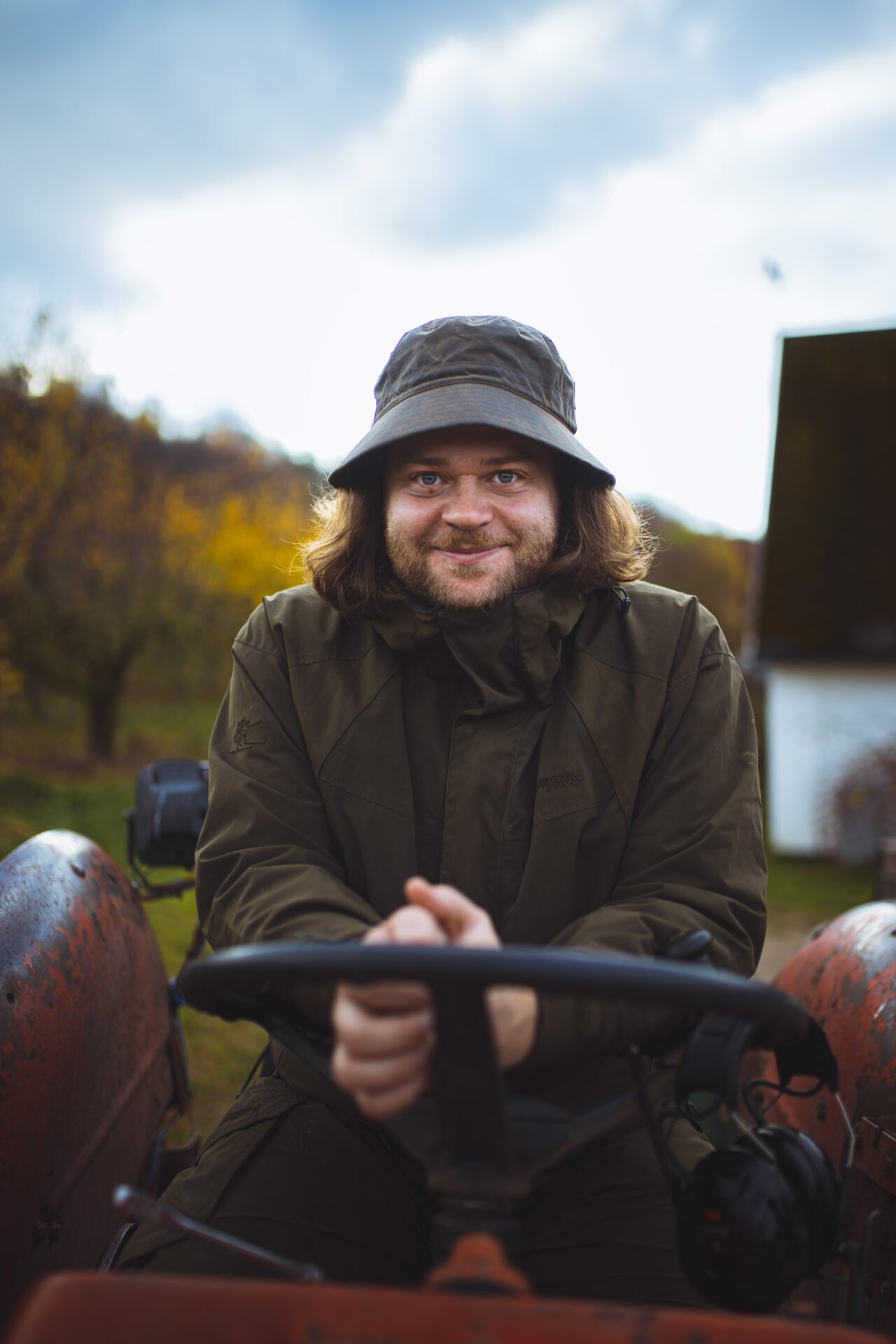
TE: Do you think change will come from inside the food system or from people at home?
Both. But don’t underestimate individual impact. If every single household took responsibility for sourcing and truly looked at what they’re buying, how it’s produced, and adjusted even slightly, we’d solve a huge part of the problem. Start with animal proteins. Eat less of them. Or buy from producers that raise them sustainably. Even small shifts like shrinking portion sizes, mixing more vegetables into your dishes all add up when you multiply it across millions of households.
TE: Is that what you’re doing now at home?
Absolutely. I cook a lot for my family. And I spend time in the orchard, which teaches you patience. You can’t rush a tree into bearing fruit. That’s a mindset I’ve carried over from the kitchen. Good things take time.
TE: You’ve said before that food needs emotional connection. What do you mean by that?
People need to care. They need to feel something. You can throw all the science in the world at them, but if they don’t connect with their food, they won’t change. I think chefs, farmers, storytellers all have a role in helping people fall in love with food again, to understand where it comes from, and respect its value
TE: What ingredient always excites you?
Its a bit boring, but I’ve always loved vegetables. They’re what define a dish, in my opinion. Anyone can cook a good piece of meat. But vegetables when grown with intention, selected for flavour, harvested at the right time, offer so much more. Not just, ‘Let’s grow a carrot and figure out where to use it,’ but more like, ‘Let’s choose this specific variety, grow it in a particular way, harvest it at the right time all with the purpose of it ending up in a dish exactly as it should.
TE: What worries you most about the future of food?
That we won’t act fast enough and nature will end up forcing change upon us in ways we’re not ready for. Climate change, biodiversity collapse… they’re already disproportionately impacting vulnerable communities. If we don’t transition to circular, sustainable models by choice, we’ll be pushed into it by crisis. And that’s going to hurt the people least able to absorb the shock.
If you’d like to nominate yourself or someone else for the $2 million 2026 Food Planet Prize – entries are open here.

